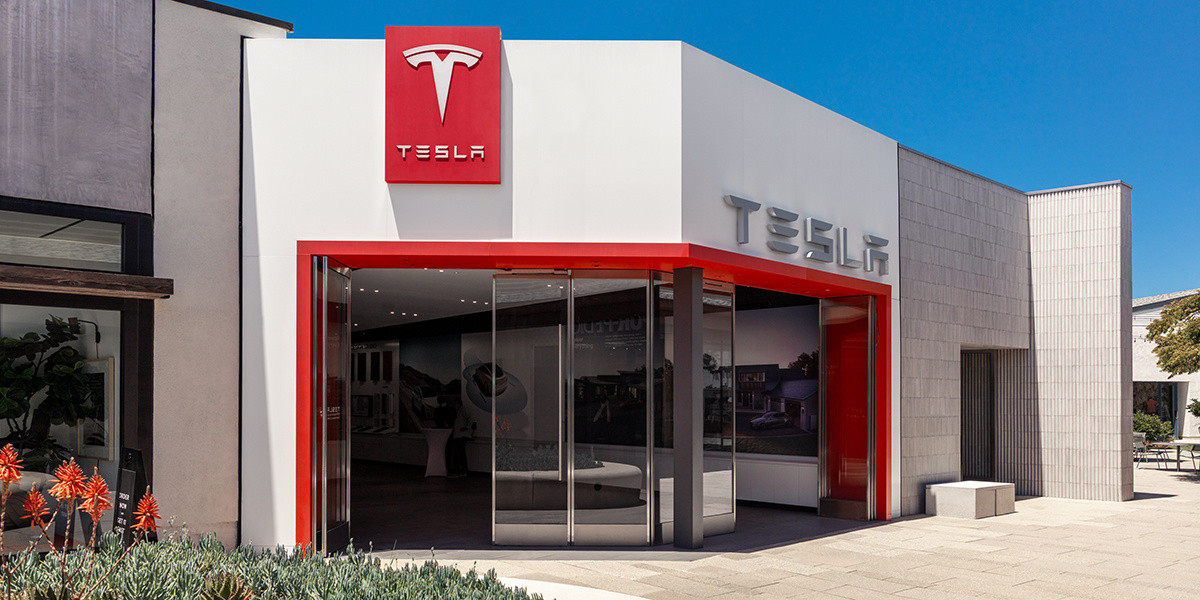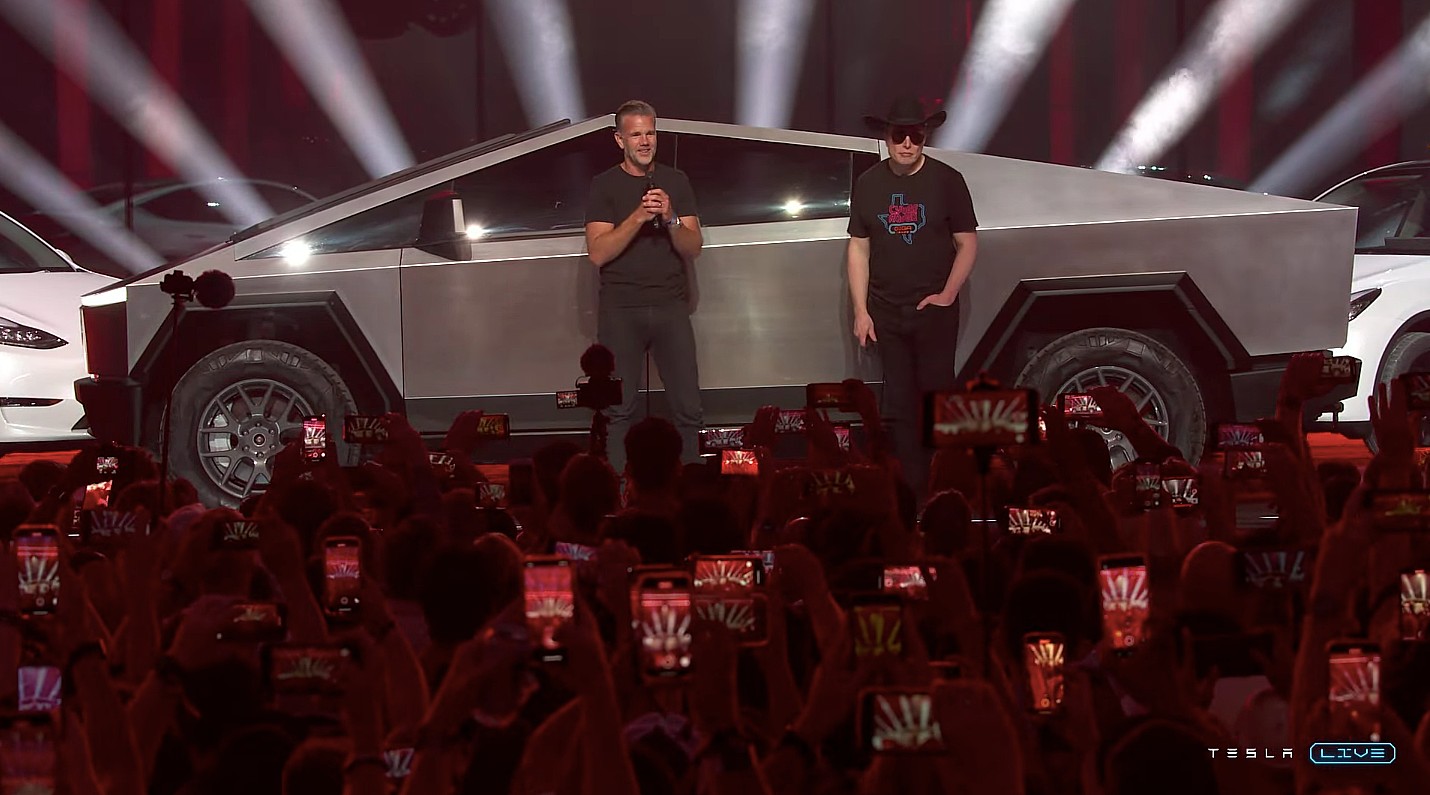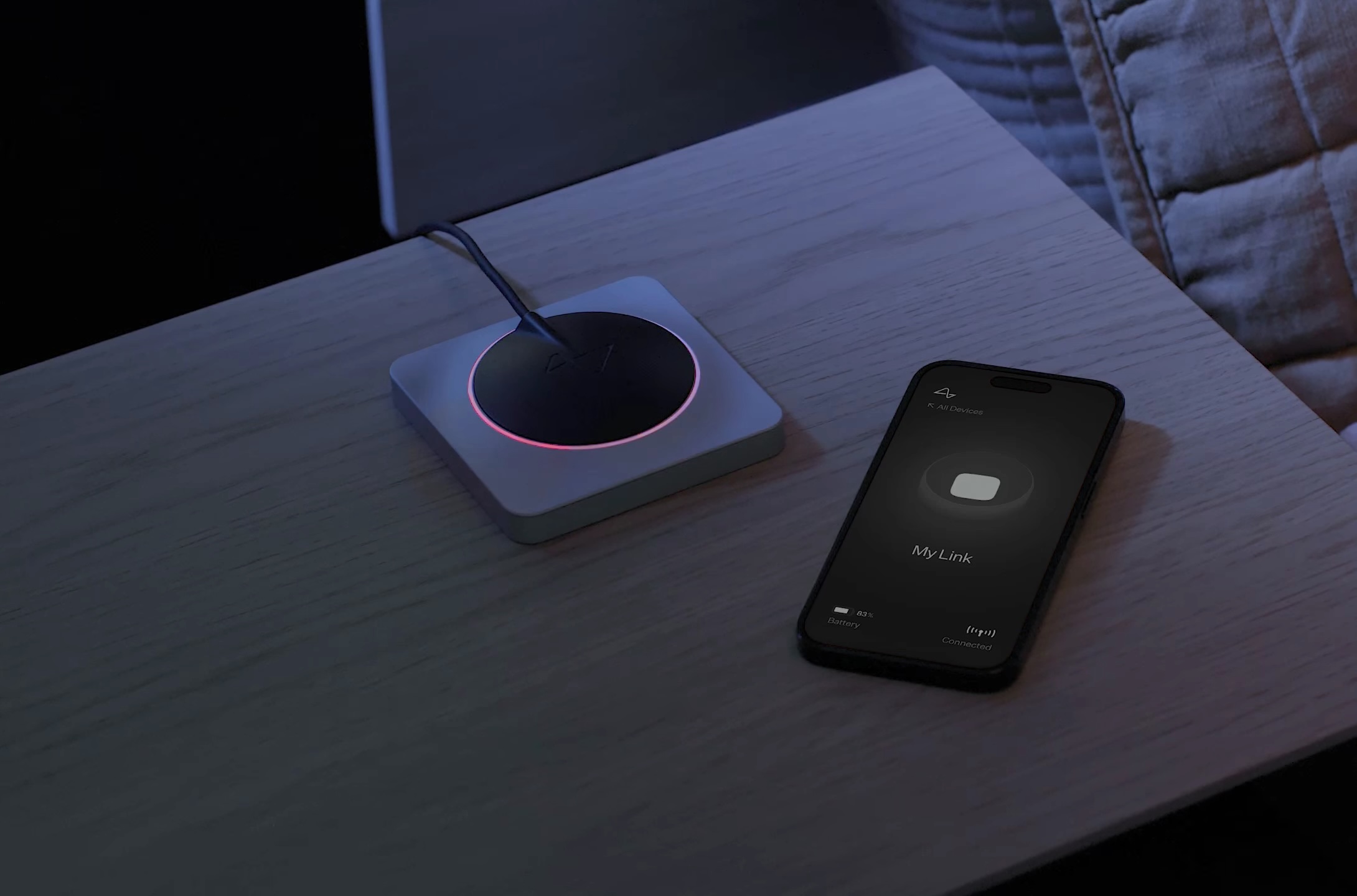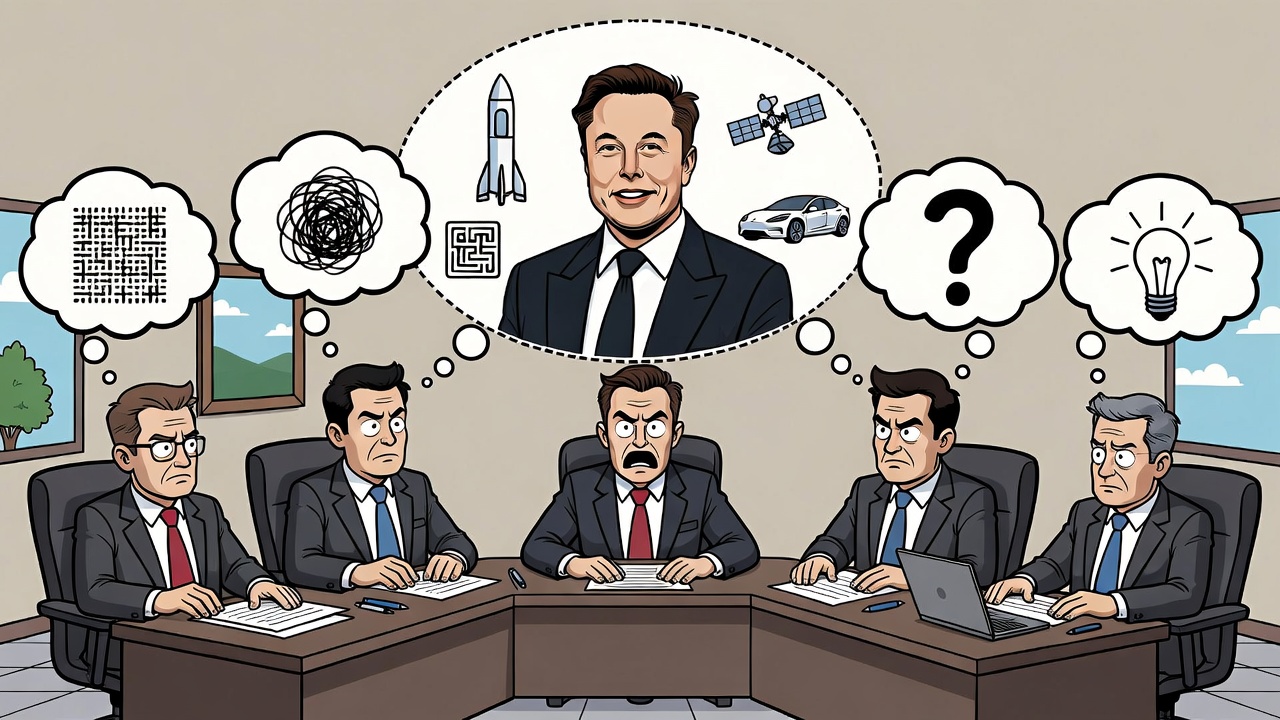Elon Musk
Tesla bear Guggenheim sees nearly 50% drop off in stock price in new note
Tesla bear Guggenheim does not see any upside in Robotaxi.

Tesla bear Guggenheim is still among the biggest non-believers in the company’s overall mission and its devotion to solving self-driving.
In a new note to investors on Thursday, analyst Ronald Jewsikow reiterated his price target of $175, a nearly 50 percent drop off, with a ‘Sell’ rating, all based on skepticism regarding Tesla’s execution of the Robotaxi platform.
A few days ago, Tesla CEO Elon Musk said the company’s Robotaxi platform would open to the public in September, offering driverless rides to anyone in the Austin area within its geofence, which is roughly 90 square miles large.
Tesla CEO Elon Musk confirms Robotaxi is opening to the public: here’s when
However, Jewsikow’s skepticism regarding this timeline has to do with what’s going on inside of the vehicles. The analyst was willing to give props to Robotaxi, saying that Musk’s estimation of a September public launch would be a “key step” in offering the service to a broader population.
Where Jewsikow’s real issue lies is with Tesla’s lack of transparency on the Safety Monitors, and how bulls are willing to overlook their importance.
Much of this bullish mentality comes from the fact that the Monitors are not sitting in the driver’s seat, and they don’t have anything to do with the overall operation of the vehicle.
Musk also said last month that reducing Safety Monitors could come “in a month or two.”
Instead, they’re just there to make sure everything runs smoothly.
Jewsikow said:
“While safety drivers will remain, and no timeline has been provided for their removal, bulls have been willing to overlook the optics of safety drivers in TSLA vehicles, and we see no reason why that would change now.”
He also commented on Musk’s recent indication that Tesla was working on a 10x parameter count that could help make Full Self-Driving even more accurate. It could be one of the pieces to Tesla solving autonomy.
Jewsikow added:
“Perhaps most importantly for investors bullish on TSLA for the fleet of potential FSD-enabled vehicles today, the 10x higher parameter count will be able to run on the current generation of FSD hardware and inference compute.”
Elon Musk teases crazy new Tesla FSD model: here’s when it’s coming
Tesla shares are down just about 2 percent today, trading at $332.47.

Cybertruck
Tesla Cybertruck’s newest trim will undergo massive change in ten days, Musk says
It appears as if the new All-Wheel-Drive trim of Cybertruck won’t be around for too long, however. Elon Musk revealed this morning that it will be around “only for the next 10 days.”

Tesla’s new Cybertruck trim has already gotten the axe from CEO Elon Musk, who said the All-Wheel-Drive configuration of the all-electric pickup will only be available “for the next ten days.”
Musk could mean the price, which is $59,990, or the availability of the trim altogether.
Last night, Tesla launched the All-Wheel-Drive configuration of the Cybertruck, a pickup that comes in at less than $60,000 and features a competitive range and features that are not far off from the offerings of the premium trim.
Tesla launches new Cybertruck trim with more features than ever for a low price
It was a nice surprise from Tesla, considering that last year, it offered a Rear-Wheel-Drive trim of the Cybertruck that only lasted a few months. It had extremely underwhelming demand because it was only $10,000 cheaper than the next trim level up, and it was missing a significant number of premium features.
Simply put, it was not worth the money. Tesla killed the RWD Cybertruck just a few months after offering it.
With the news that Tesla was offering this All-Wheel-Drive configuration of the Cybertruck, many fans and consumers were encouraged. The Cybertruck has been an underwhelming seller, and this seemed to be a lot of truck for the price when looking at its features:
- Dual Motor AWD w/ est. 325 mi of range
- Powered tonneau cover
- Bed outlets (2x 120V + 1x 240V) & Powershare capability
- Coil springs w/ adaptive damping
- Heated first-row seats w/ textile material that is easy to clean
- Steer-by-wire & Four Wheel Steering
- 6’ x 4’ composite bed
- Towing capacity of up to 7,500 lbs
- Powered frunk
It appears as if this trim of Cybertruck won’t be around for too long, however. Musk revealed this morning that it will be around “only for the next 10 days.”
Only for the next 10 days https://t.co/82JnvZQGh2
— Elon Musk (@elonmusk) February 20, 2026
Musk could mean the price of the truck and not necessarily the ability to order it. However, most are taking it as a cancellation.
If it is, in fact, a short-term availability decision, it is baffling, especially as Tesla fans and analysts claim that metrics like quarterly deliveries are no longer important. This seems like a way to boost sales short-term, and if so many people are encouraged about this offering, why would it be kept around for such a short period of time?
Some are even considering the potential that Tesla axes the Cybertruck program as a whole. Although Musk said during the recent Q4 Earnings Call that Cybertruck would still be produced, the end of the Model S and Model X programs indicates Tesla might be prepared to do away with any low-volume vehicles that do not contribute to the company’s future visions of autonomy.
The decision to axe the car just ten days after making it available seems like a true head-scratcher.
Elon Musk
Elon Musk’s Neuralink sparks BCI race in China
One of the most prominent is NeuroXess, which launched in 2021 and is already testing implants in patients.

Neuralink, founded by Elon Musk, is helping spark a surge of brain-computer interface (BCI) development in China, where startups are moving quickly into human trials with strong state backing.
One of the most prominent is NeuroXess, which launched in 2021 and is already testing implants in patients.
Neuralink’s clinical work and public demonstrations have drawn worldwide attention to invasive brain implants that allow patients to control digital devices using their minds. The company is currently running a global clinical trial and is also busy preparing for its next product, Blindsight, which would restore vision to people with visual impairments.
Neuralink’s visibility has helped accelerate similar efforts in China. Beijing last year classified brain-computer interfaces as a strategic sector and issued a roadmap calling for two or three globally competitive companies by 2030, as per the Financial Times. Since February last year, at least 10 clinical trials for invasive brain chips have launched in the country.
NeuroXess recently reported that a paralyzed patient was able to control a computer cursor within five days of implantation. Founder Tiger Tao credited government support for helping shorten the path from research to trials.
Investment activity has followed the policy push. Industry data show dozens of financing rounds for Chinese BCI startups over the past year, reflecting rising capital interest in the field. Ultimately, while Neuralink remains one of the most closely watched players globally, its momentum has clearly energized competitors abroad.
Elon Musk
Musk company boycott proposal at City Council meeting gets weird and ironic
The City of Davis in California held a weekly city council meeting on Tuesday, where it voted on a proposal to ban Musk-operated companies. It got weird and ironic.

A city council meeting in California that proposed banning the entry of new contracts with companies controlled by Elon Musk got weird and ironic on Tuesday night after councilmembers were forced to admit some of the entities would benefit the community.
The City of Davis in California held a weekly city council meeting on Tuesday, where it voted on a proposal called “Resolution Ending Engagement With Elon Musk-Controlled Companies and To Encourage CalPERS To Divest Stock In These Companies.”
The proposal claimed that Musk ” has used his influence and corporate platforms to promote political ideologies and activities that threaten democratic norms and institutions, including campaign finance activities that raise ethical and legal concerns.”
We reported on it on Tuesday before the meeting:
California city weighs banning Elon Musk companies like Tesla and SpaceX
However, the meeting is now published online, and it truly got strange.
While it was supported by various members of the community, you could truly tell who was completely misinformed about the influence of Musk’s companies, their current status from an economic and competitive standpoint, and how much some of Musk’s companies’ projects benefit the community.
City Council Member Admits Starlink is Helpful
One City Council member was forced to admit that Starlink, the satellite internet project established by Musk’s SpaceX, was beneficial to the community because the emergency response system utilized it for EMS, Fire, and Police communications in the event of a power outage.
After public comments were heard, councilmembers amended some of the language in the proposal to not include Starlink because of its benefits to public safety.
One community member even said, “There should be exceptions to the rule.”
🚨 After the City of Davis, California, held its City Council meeting on Tuesday and voted on a resolution called “Resolution Ending Engagement With Elon Musk-Controlled Companies and To Encourage CalPERS To Divest Stock In These Companies,” it was forced to admit that it needs… pic.twitter.com/hQiCIX3yll
— TESLARATI (@Teslarati) February 19, 2026
Community Members Report Out of Touch Mainstream Media Narratives
Many community members very obviously read big bold headlines about how horribly Tesla is performing in terms of electric vehicles. Many pointed to “labor intimidation” tactics being used at the company’s Fremont Factory, racial discrimination lawsuits, and Musk’s political involvement as clear-cut reasons why Davis should not consider his companies for future contracts.
However, it was interesting to hear some of them speak, very obviously out of touch with reality.
Musk has encouraged unions to propose organizing at the Fremont Factory, stating that many employees would not be on board because they are already treated very well. In 2022, he invited Union leaders to come to Fremont “at their convenience.”
The UAW never took the opportunity.
Some have argued that Tesla prevented pro-union clothing at Fremont, which it did for safety reasons. An appeals court sided with Tesla, stating that the company had a right to enforce work uniforms to ensure employee safety.
Another community member said that Tesla was losing market share in the U.S. due to growing competition from legacy automakers.
“Plus, these existing auto companies have learned a lot from what Tesla has done,” she said. Interestingly, Ford, General Motors, and Stellantis have all pulled back from their EV ambitions significantly. All three took billions in financial hits.
One Resident Crosses a Line
One resident’s time at the podium included this:
Another member of the community did this…a member of the City Council admonished him and it came to a verbal spat https://t.co/zWvKCiCkie pic.twitter.com/1L334qq9av
— TESLARATI (@Teslarati) February 19, 2026
He was admonished by City Council member Bapu Vaitla, who said his actions were offensive. The two sparred verbally for a few seconds before their argument ended.
City Council Vote Result
Ultimately, the City of Davis chose to pass the motion, but they also amended it to exclude Starlink because of its emergency system benefits.








